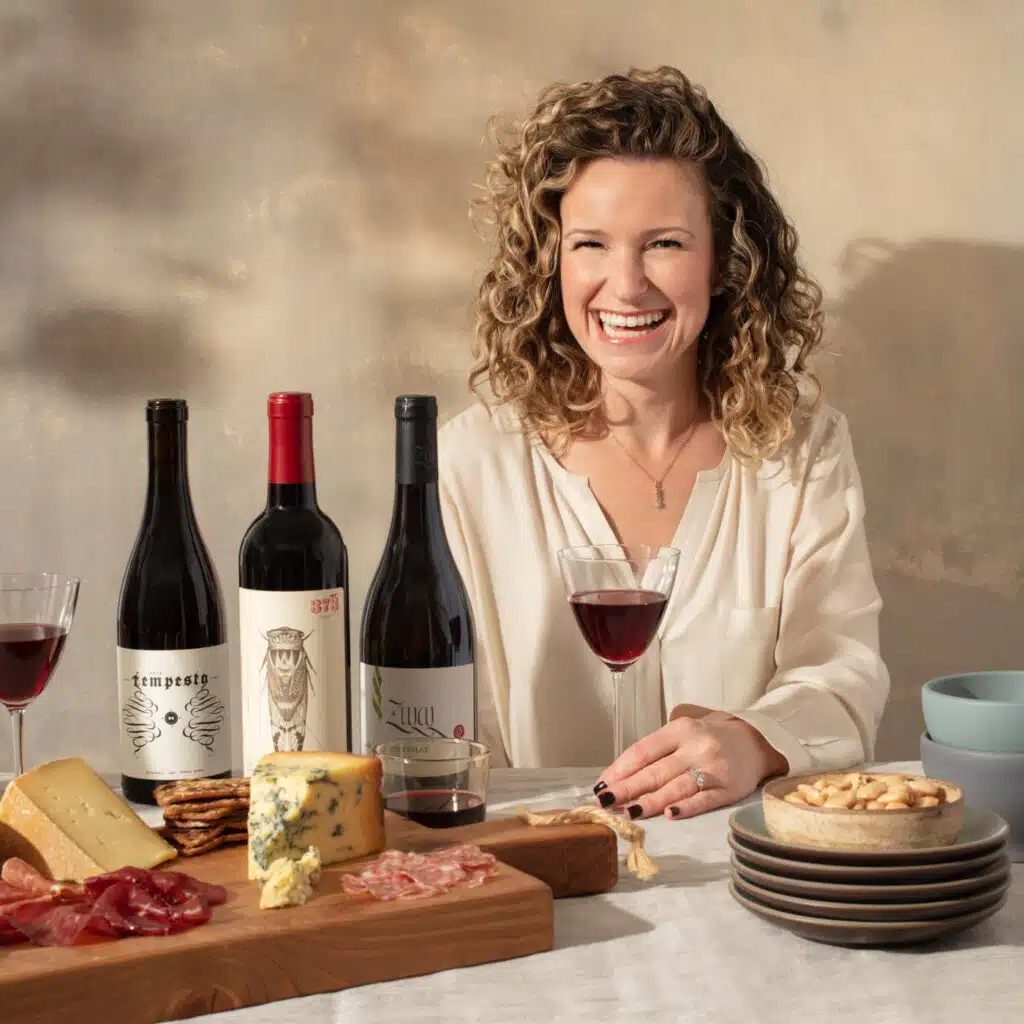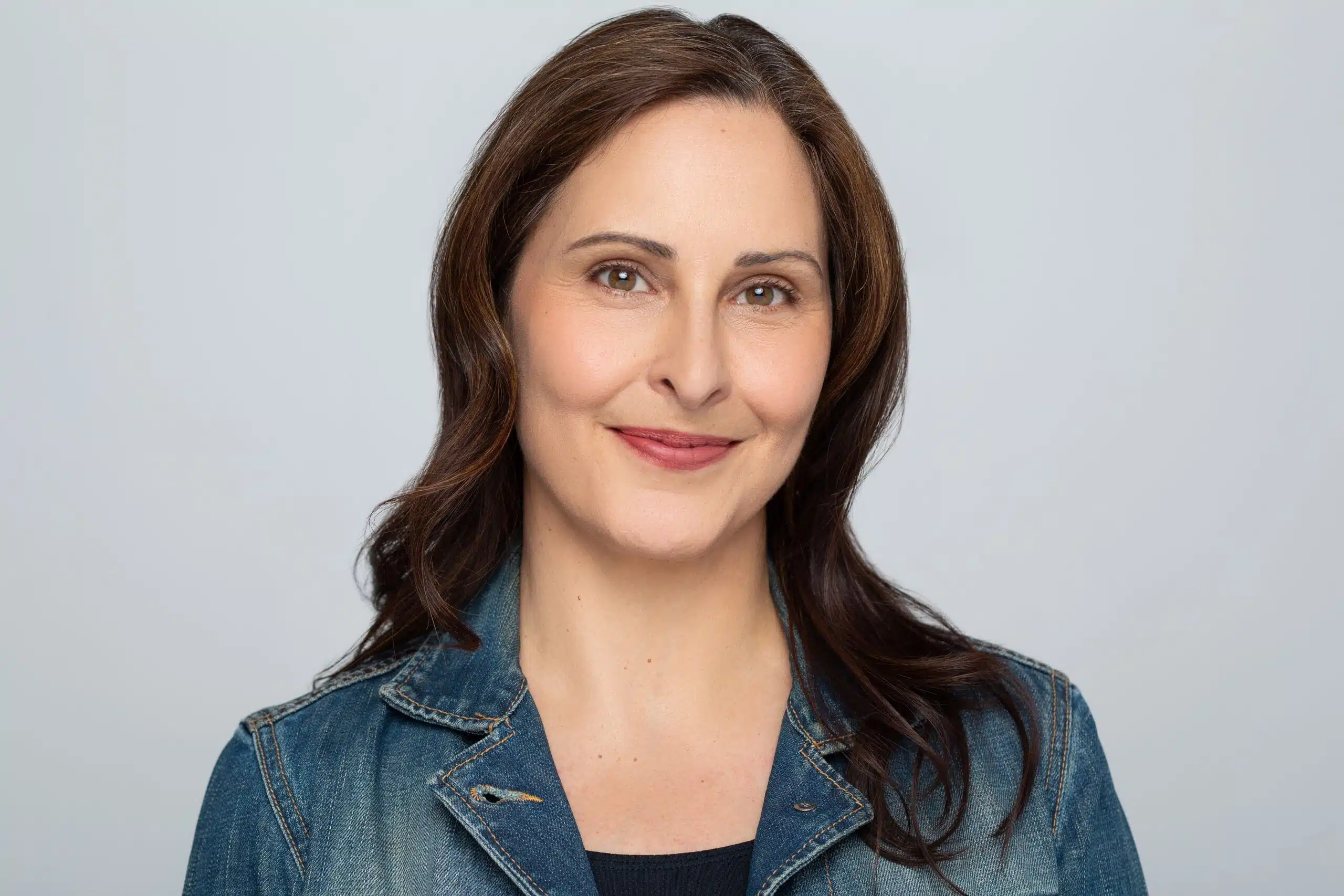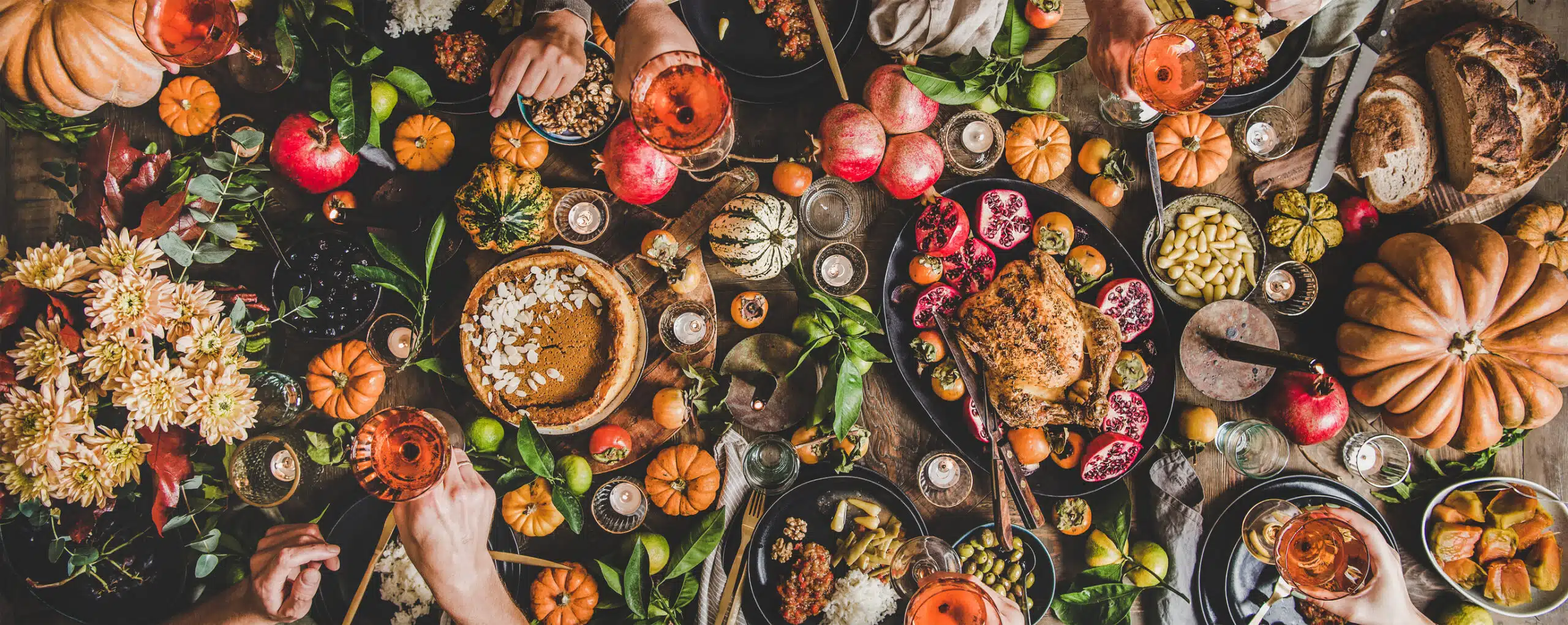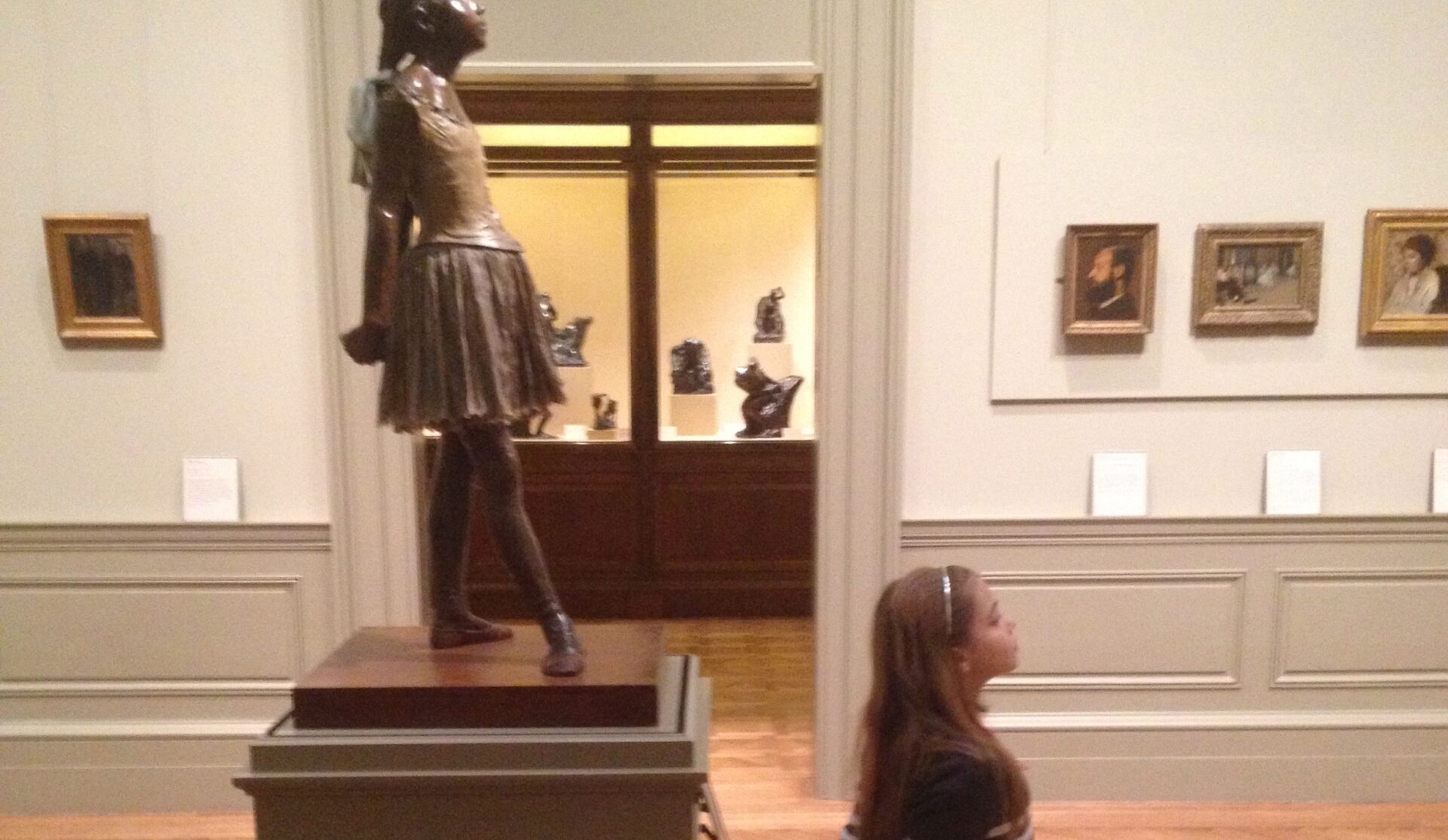Header image courtesy of Plonk Wine Club
For the past several years, I’ve been lucky enough to have a front row seat to the fascinating cultural, psychological, and sociological shifts that have been happening around drinking. As a creator of social events in the nonalc space I’ve been fully immersed in these changes, but I remember a time, not so long ago, when it was considered embarrassingly awkward (at best) to be caught publicly holding an O’Doul’s. The social stigma ran deep. Admitting you didn’t drink somehow immediately implied you didn’t belong in the scene.
Fortunately, that dynamic is rapidly evolving. In my role, I am observing a new confidence among both responsible drinkers and those who choose not to imbibe. People are embracing nonalcoholic beverages without apology, moving fluidly between choices based on their own desires in the moment rather than social pressure. Many people I talk to share a sense of newfound freedom to navigate alcoholic and nonalcoholic options mindfully, responding to their actual preferences rather than perceived expectations.
This shift has multiple catalysts including the celebration of premium nonalcoholic products on social media, restaurants featuring sophisticated zero-proof options prominently on menus, and a broader cultural conversation around intentional consumption. These signals have collectively normalized choice in a space that once felt rigid. While there has been an unbelievable amount of progress, there is also still a lot of room for growth.
One brand that is making a difference in this area, Plonk Wine Club, has unique insight into where we are in the trajectory of change. Plonk has experienced the full range of reactions—both hot and cold—to their NA offerings as the cultural tides around alcohol have changed over time. As a company that offers both traditional and alcohol-free wines, they have a unique insight into where consumer preferences are going. I sat down with Plonk founder, Etty Klein, to understand what this means at the consumer level—how mindful drinkers are actually making purchasing decisions as they navigate between alcoholic and nonalcoholic options.
Klein, who has a passion for wine and cultivating a healthy lifestyle, launched her online wine club, Plonk, in 2010, long before the nonalc movement got into full swing. Plonk offers monthly wine shipments featuring natural wines grown using organic and biodynamic methods, free of pesticides or commercial additives such as colorants, acidifiers, artificial sugars, alcohol enhancements, or chemicals. In 2024, Klein started to notice the rapid growth in the nonalcoholic wine category. She wondered if she could curate a nonalcoholic wine experience for her club using the same guiding principles that govern her traditional wine selections—and wondered if her audience would be interested in nonalcoholic wines at all.
Encouraged by growing trends in the mindful drinking movement and noting that the majority of consumers who purchase nonalcoholic products also purchase alcohol, Klein began introducing the idea of nonalcoholic wine and wine alternatives to her customers with a goal of keeping the caché around fine wine consumption, while focusing on organic, biodynamic and sustainable agriculture, just as she had always done with her wine curation.

Photo courtesy Etty Klein
In March 2025, Plonk launched its first nonalcoholic wine bundle featuring a mix of de-alcoholized wines as well as verjus-based wine alternatives, all grown organically, biodynamically and sustainably. They also introduced a series of A/NA “hybrid boxes” and experimented with other combinations. The initial launch did not receive the excitement Klein had hoped for. With a core audience made up mainly of traditional wine enthusiasts there was resistance to nonalcoholic offerings. Klein quickly realized that the key to offering these products would lie in customer education. She set out to teach her customers about the products available in the NA world while focusing the conversation around moderation and quality, introducing the concept that naturally made nonalcoholic wines can have a place at any table, especially with the changing tides around alcohol consumption and increasing health consciousness.
Through this discourse, Plonk is building on the trust they’ve cultivated with their consumers as purveyors of unique, exotic and natural fine wines, and translating that into trusted recommendations for nonalcoholic wines. Klein shares, “With so many new entries into the nonalcoholic wine category, I believe my expertise makes it easier to make the leap into nonalcoholic wine. If people are willing to try a nonalcoholic wine, I want it to be a great experience for them. I work hard to ensure that happens.”
Klein wants to meet her customers where they are. She recognizes that, as avid wine lovers, many might not feel they have a compelling reason to change their purchasing or consumption behavior. However, she highlights the growing trends towards including nonalcoholic options when entertaining and increased public awareness around alcohol in general.
Klein adds, “I think it’s important to set expectations around nonalcoholic wines – they’re not a direct swap for the alcoholic version. There’s a lot that goes into the creation of nonalcoholic wine that a consumer should understand before jumping in.” Aside from letting customers experience the products themselves, Klein believes education around how NA wines are produced, guided tastings of product, and event experiences that show NA beverages in a positive, healthy light can help overcome barriers and encourage people to entertain NA options.
On a recent episode of the Good Food podcast hosted by Evan Kleiman, Esther Mobley, senior wine critic for the San Francisco Chronicle, shared her views on how the wine community is responding to meet the popularity of nonalcoholic wine. As Mobley put it, “…the [$55 billion] California wine industry…is scrambling to try to figure out how to meet this moment.” With roots in California and experience trying to meet her customers where they are, Mobley’s sentiments and the stats around the growing NA category resonated with Klein on a very real level. Voices like Mobley’s and others in the industry are ensuring attention is being paid to the staggering growth of the nonalcoholic wine category and the impact this is having on traditional wine sales.
From the front lines of the NA beverage industry, organizations like Plonk are paving the way for more consumers to be open to trying nonalcoholic products and integrating them into their lifestyle. As an NA professional, I’m looking forward to seeing where Klein and other beverage professionals and connaisseurs take us from here.



